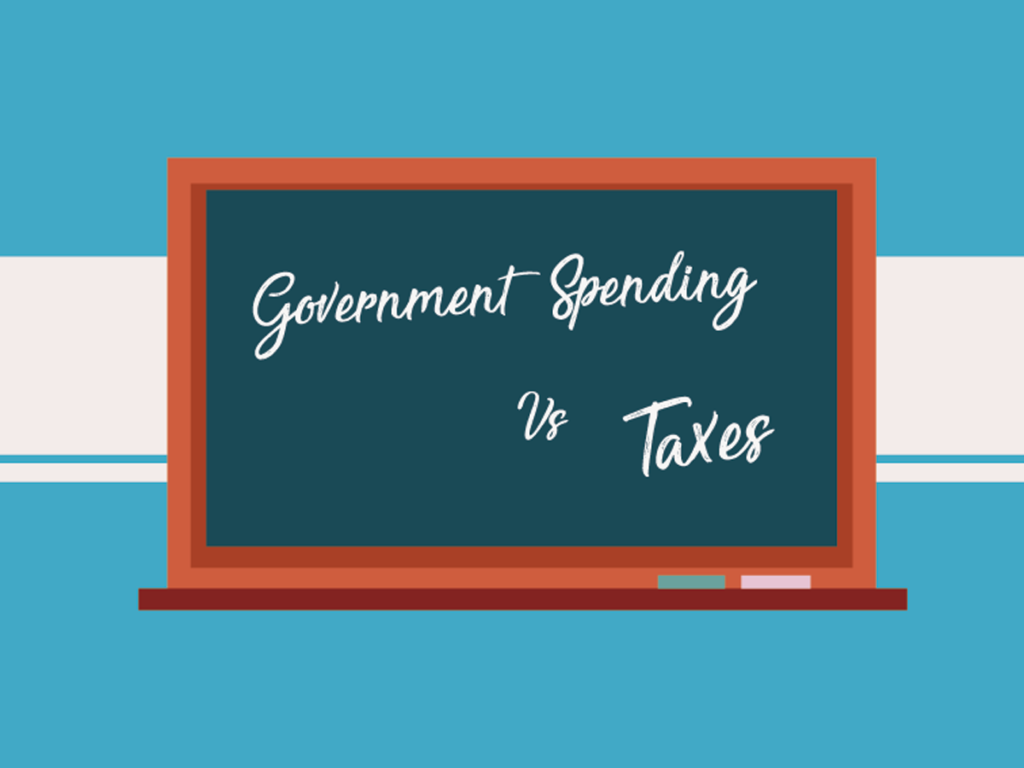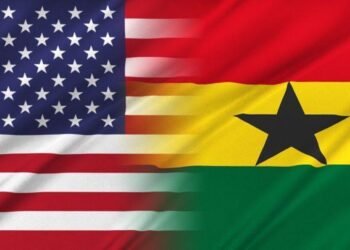2020 has been a very tough year, and Ghana, like any other country had to undertake extraordinary measures. These measures meant that the government could not maintain a reduced budget deficit.
Hence, the budget for the fiscal year was overstretched and the appetite for borrowing was rekindled, now reaching unsustainable levels (71% debt-to-GDP ratio) as a result of the exigencies of the time— first, as a response to the economic fallout of the pandemic; second, to cater for election-motivated expenditures.
Several episodes of monetary easing mechanisms and/or policies were also implemented by the Central Bank including the reduction of the monetary policy rate (MPR) to 14.5%, reduction of the primary reserve requirement from 10% to 8%, reduction of the cash reserve requirement, among others.
Recently, the Ghana Statistical Service (GSS) announced a second consecutive negative growth in Q3 GDP indicating that the economy was in a ‘technical recession’. Albeit, expert opinions are made with extreme caution whether the country is headed for a recovery in Q4 of 2020 or another dip.
Furthermore, market sentiments are that a recovery in 2021 will be dependent on the turn government’s policies will take. Also, on the basis of current data from the GSS, y-on-y inflation from March to October soared above the 8+/-2 band until November when it recorded a rate of 9.80%.
These notwithstanding, there have been calls for the government to reconsider charting a path towards a return to fiscal consolidation- aimed at lowering the country’s high debt-to-GDP ratio. Whilst the benefits of such a strategy are unrivalled, should these actions be delayed a little while or rolled out sooner, either actions may have differing effects on the economy.
What should consumers/households expect?
A return to the path of fiscal consolidation may take two forms; either adopting a debt-reduction package driven by tax increases or adopting a package centered on spending restraint.
In spite of the medium to long-term benefits that may eventually accrue to the country in terms of a bounce back in real GDP growth rate, reduced unemployment rate and reduced poverty levels, some trade-offs may not be avoided.
Against this backdrop, expectations are that, taxes are a disincentive whereas spending cuts are an incentive. Considering fiscal consolidations driven by cutting down expenditures, government tending to cut down on wasteful components of spending and streamlining expenditure (e.g. eliminating certain recurrent expenditure; wage payments and subsidies or transfers) may only result in a mild fall in economic activity in the economy and will still be able to achieve fiscal consolidation.
On the other hand, tax increases on corporate or personal income taxes may impact on business investment by increasing the cost of capital as well as decreases private consumption. Thus, this will increase the cost of doing business and eventually lead to a decline in government revenues- hampering growth. Consolidation efforts that focus primarily on the tax increases are most likely to be unsuccessful. Therefore, the government must place the much emphasis on cutting down on spending.

Besides, it would not be in the interest of Ghanaian businesses to increase taxes due to the fact that the AfCFTA agreement is commencing on the 1st January, 2021. Such a move will act as a disincentive for Ghanaian Micro, Medium and Small Scale Entreprises (MSMEs) and therefore stifle their competitiveness.
Should fiscal Consolidation be sooner or delayed?
In normal times, the two forms of fiscal consolidation highlighted exhibit the outcomes as espoused earlier. However, in crisis situations they do not and implementing any of these fiscal adjustment options or a combination of them may not yield same positive outcomes.
However, with the expectation that a recovery is imminent in 2021 and the effect of the pandemic is waning in Ghana unlike in US and Europe, output may pick up in the coming year and therefore with such a timing, it is only prudent to implement these measures sooner.





















